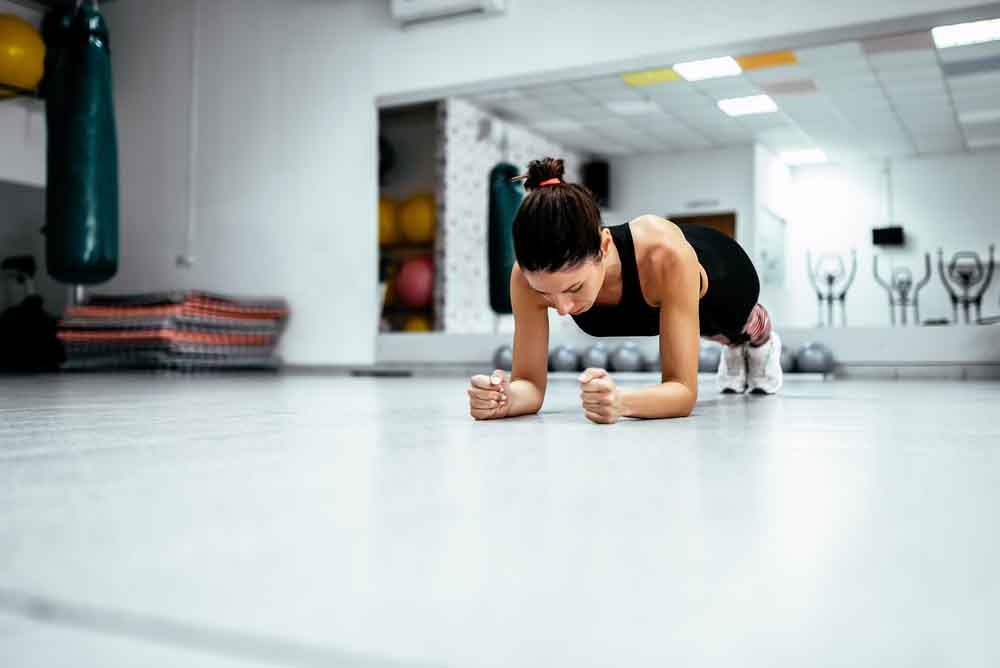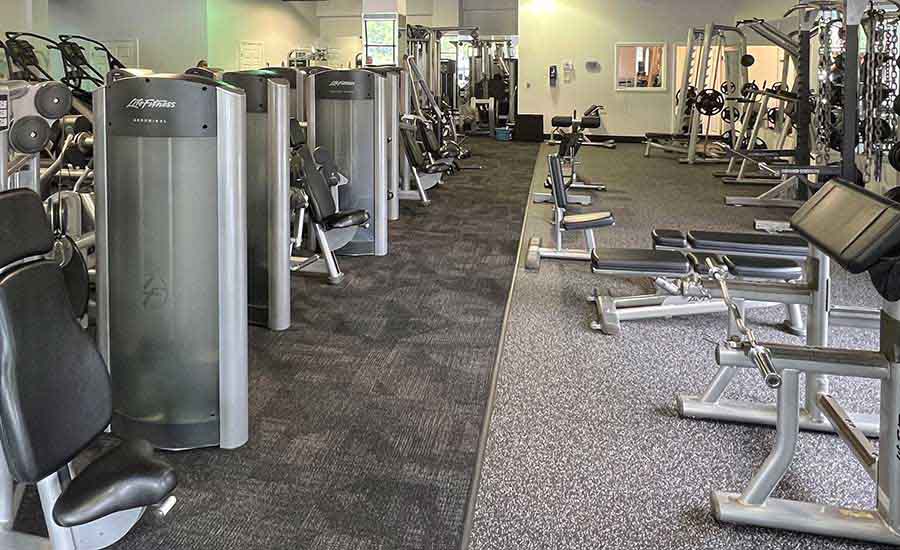Georgia Personal Training
At Georgia Personal Training we know that Core Strength Training and Rotational Power Training is vital. It is responsible for stabilizing your spine, providing power when you need it most, and helping to transfer energy from one part of the body to another. Without a strong core, you are more likely to injure yourself and limit your performance on the field or court. However, there are several ways that athletes can strengthen their core—depending on their sport and goals. In this post we will break down how each type of training works so that you can start incorporating these exercises into your routine!
Isolated core power movements are designed to build rotational power through specific planes of movement that target the abdominal muscles along with their surrounding musculature (rectus femoris, spinalis thoracis). This can be done on a medicine ball or with resistance bands attached to a cable machine at various angles of rotation to challenge your body in new ways as you progress through each exercise.
Directly targeting these muscles will help you develop strong transverse abdominis while also teaching you how to control your core during movement patterns such as squats or deadlifts by activating them before moving into any given position so they do not take away from performance or cause injury during heavier lifts where support is required from other areas like the lower back region which is much more susceptible than our abs themselves since they don’t have much muscle mass compared against other larger muscles such as quadriceps (front thigh) groupings.”
Isolated core power movements
Isolated core power movements are exercises that focus on the core muscles. Core muscles are the muscles around your hips and abdomen, which help you rotate your body when you’re playing sports. Isolated core power movements are a great way to improve rotational power, which is important for many sports because it allows you to change direction quickly.
Rotational jumps: These include plyometric exercises like box jumps or ball slams (also called medicine ball slams). They require quick reactions and fast footwork as well as strength in both legs, so they’re great for improving overall athleticism!
Core Strength
Core strength is important for athletic performance, injury prevention and posture. Core strength also plays a role in breathing, balance and stability. Core muscles help you breathe efficiently by supporting the spine while you are moving or standing still. With strong core muscles, your lower back is less likely to curve forward (which causes poor posture) and more likely to stay straight when you walk or run. Strong abdominal muscles can help improve balance by keeping your center of gravity over the balls of your feet during sports activities such as tennis or volleyball. Strong hips allow players who throw hard pitches like baseballs or footballs with speed and accuracy. A strong core helps athletes maintain their balance while running at full speed on slippery surfaces such as ice rinks during hockey games or basketball courts covered with rainwater from thunderstorms during outdoor games played under bad weather conditions.
Rotational Power
Rotational power is a key component to athletic performance. It is important for throwing, jumping and running, as well as many other sports. The core muscles provide the stability needed to produce rotational power by controlling your torso (upper body) while you move your limbs in different directions. If you want to increase your rotational power, it’s important that you strengthen all of the core muscles–including those between each vertebra of your spine–and make sure they’re working together properly so they can do their job effectively.
Conclusion
The core is a critical part of any athlete’s training regimen. It is important that you understand the different types of stabilization training and how each one helps you develop strength. Isolated movements are great for building rotational power, but they don’t necessarily improve overall stability or balance. On the other hand, indirect exercises like squats can help prevent injuries by strengthening muscles across multiple planes of motion.
Georgia Personal Training 24-7
Georgia Personal Training and 24-7 Fitness Center has been operating in Roswell for many years. Our friendly, professional staff is trained to help you along every step of your fitness journey. We encourage and support each individual member who comes into the facility. If you are interested in a gym membership, you can sign up online, or call (770) 241-1086.
We are a family owned and operated business. The owners of our gym grew up in the area. They live and raise their children right here in the community. Gym members who utilize our fitness center enjoy 24-hour access, 7 days a week. We offer an incredible array of fitness equipment. When you work out here, you will find many of the fitness industries top equipment brands represented in our gym. That includes premium fitness equipment brands like Life Fitness, Hammer strength, Hampton, Precor and more.
GEORGIA PERSONAL TRAINING
9420 Willeo Road (Suite 106)
Phone: (770) 927-7006
Email: info@georgiapersonaltraining.com
ROSWELL GEORGIA 24-7 FITNESS CENTER
9420 Willeo Road (Suite 105)
Phone: (770) 241-1086
Email: matthewlein@bellsouth.net



